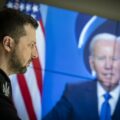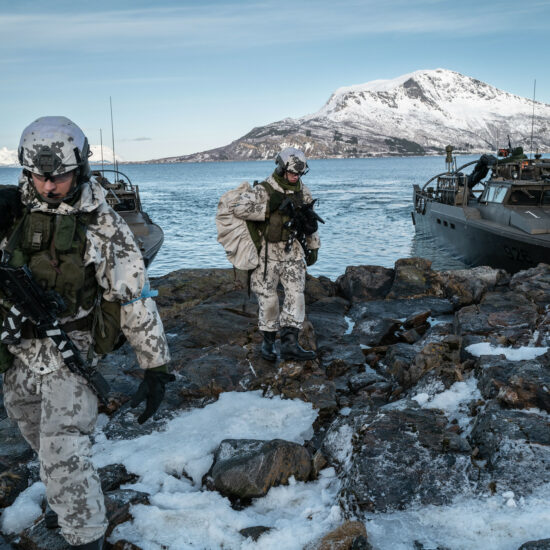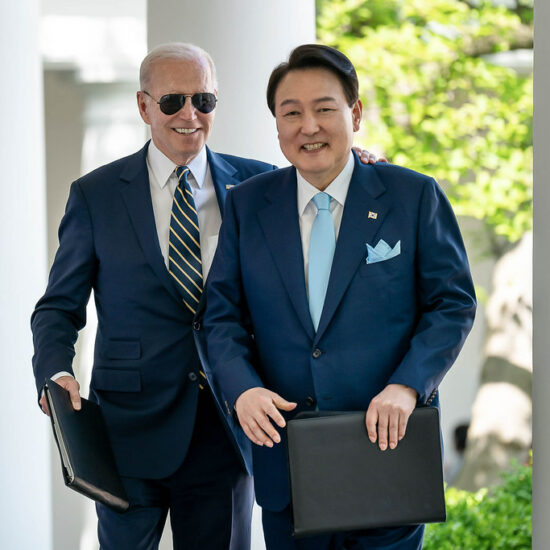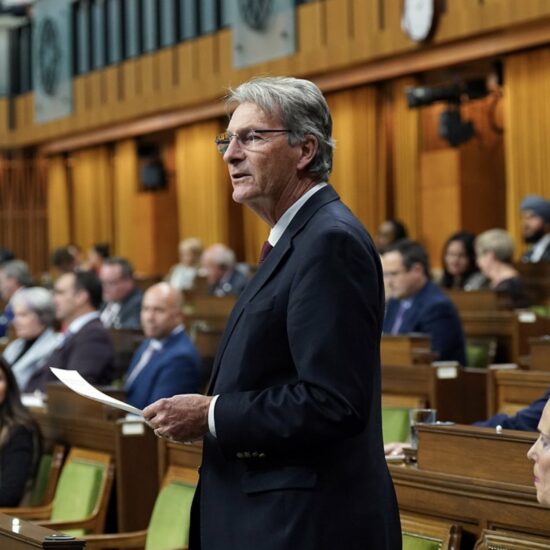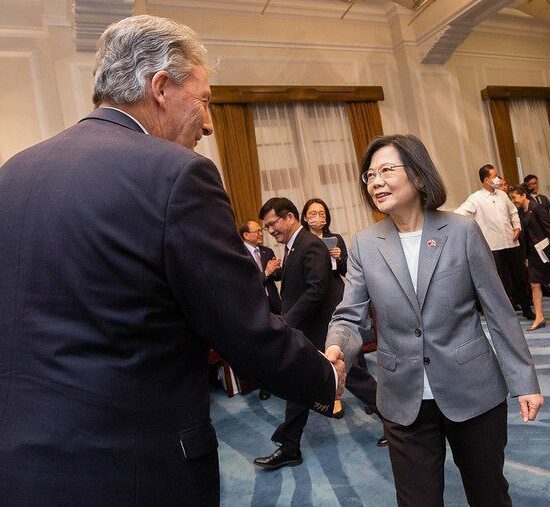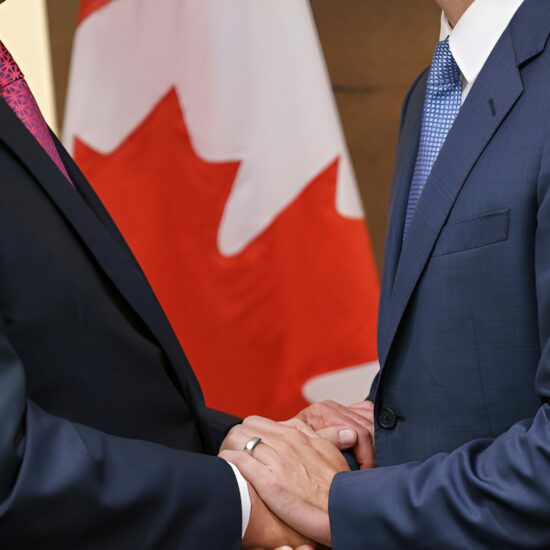Updated: Jan 24
BY POUYAN K. JAN : Pouyan is a student of Political Science and International Relations at the University of British Columbia. With an interest in foreign policy, Pouyan’s research focuses on EU-Canada relations and Middle Eastern affairs.
On 12 June 2018, Liberal and Conservative parliamentarians voted for a motion against restoring relations with Iran. The Liberal government blamed the decision on the death of Iranian-Canadian professor Seyed-Emami in an Iranian prison and Iranian authorities’ treatment of the late professor’s family. Interestingly however, the Trudeau government’s decision to vote against re-establishing diplomatic relations followed a meeting between President Trump and Prime Minister Trudeau during the G7 conference held in Quebec. One month earlier, President Trump had withdrawn the United States from the Iran nuclear deal and intended to punish countries that traded with Iran. Regardless of Ottawa’s intentions in halting diplomatic engagement with the Islamic Republic on June 12th, various underlying political and legal obstacles led to the failure of Trudeau’s outreach to Tehran.
Slow Progress
During the 2015 federal elections, Liberal candidate Justin Trudeau promised to improve relations with Iran and re-establish diplomatic relations. Later that year, Iran and world powers reached a historic nuclear agreement, known as the Joint Comprehensive Plan of Action, which limited Iran’s nuclear program in return for sanctions relief. The deal was enshrined in the UN Security Council Resolution 2231, unanimously endorsed by all 15 nations on the council. European business leaders, followed by high-level European diplomats, visited Tehran, including Germany’s vice-chancellor, Italian and French foreign ministers, and the EU’s foreign policy chief. Most importantly, after nearly 12 years, the British foreign secretary Philip Hammond flew to Tehran and re-opened the British embassy. Canada joined the international community and endorsed the nuclear agreement.
Following the lifting of sanctions over Iran’s nuclear program, the Trudeau government lifted some of Canada’s sanctions on Iran. The lifting of sanctions provided an opportunity for Canadian businesses to invest in Iran’s untapped market. The Montreal-based aerospace and transportation company Bombardier submitted a draft contract for 10 CRJ-900 NextGen regional jets to an Iranian organization.
The first round of negotiations between Iranian and Canadian diplomats happened in 2016. In September of that year, Stéphane Dion met with Iranian foreign minister Javad Zarif at the UN. This was the first high-level bilateral meeting since the election of Mr. Trudeau. One week after the meeting, Concordia university Iranian-Canadian anthropology professor Homa Hoodfar was released from prison in Iran. Hoodfar’s release demonstrated that serious diplomatic engagement with Iran can produce positive results in addressing issues of concern. One year later, the UN hosted a meeting between Chrystia Freeland and Javad Zarif.

Lack of Political Will
In spite of the two high-level meetings, followed by a few rounds of negotiations between Iranian and Canadian diplomats in Tehran and Ottawa, the Trudeau government failed to move forward with re-establishing diplomatic relations. The embassies remained closed and Iranian-Canadians were still deprived of consular services. During the 2017 Iranian presidential elections, Iran asked Ottawa to allow polling stations as many Iranian-Canadians expressed their eagerness to participate in the election. The federal government refused. Canada’s refusal came as a surprise, given that the United States, under the Trump administration, agreed to host 55 polling stations. Many Iranian-Canadians had to drive across the border to cast their ballots. Ottawa’s noticeably slow diplomatic outreach to Tehran shed light on the Trudeau government’s lack of political will in restoring relations.
Legal Obstacles Remain
Furthermore, Ottawa’s efforts to re-establish diplomatic relations faced major legal obstacles. According to Dennis Horak, Canada’s former ambassador to Saudi Arabia, an underlying factor that prompted the previous conservative government to sever relations with Iran in 2012 and continues to undermine Canada-Iran relations, is Canada’s Justice for Victims of Terrorism Act. The Act, passed shortly before Prime Minister Harper’s decision to sever diplomatic relations, allowed for victims of terrorism to sue states that were listed as state-sponsors of terrorism in Canada. In 2014, an Ontario judge denied state immunity to Iran and ordered the seizure of more than $7-million worth of Iranian property and bank accounts in favor of two Americans who were held hostage in Lebanon during the 1980s.
According to Horak, this “stupid law” remains as a significant obstacle, effectively preventing a diplomatic breakthrough between Iran and Canada. As a precondition to re-establishing relations, Iran demands of Canada to grant the Islamic Republic state immunity under the Canada’s Justice for Victims of Terrorism Act. The federal government, restricted by the law, has denied Iran’s request. Moreover, amid the absence of a bilateral extradition agreement, both Harper and Trudeau denied Iran’s request through Interpol to extradite Mahmoud Reza Khavari, the notorious Iranian bank official who fled Iran due to his role in a 2011 embezzlement scandal.
Recommendations
Amid the Trump administration’s dangerous rhetoric against Iran, following the US withdrawal from the JCPOA, Canada must preserve and protect international law and therefore commit to UN Security Council resolution 2231. Moreover, from Syria to Afghanistan, Iran exerts considerable influence in the Middle East. Canada can pursue its national security interests by engaging with Iran as a partner in the fight against terrorism, amid Iran’s role in the fight against ISIS and Taliban in Syria and Afghanistan. Given that serious diplomatic engagement with Iran in 2016 resulted in the release of Homa Hoodfar, there remains the prospect of a diplomatic breakthrough on present issues of concern once Ottawa decides to re-engage the Islamic Republic. In return for Iran’s assistance in addressing Canada’s concerns regarding the condition of imprisoned Iranian-Canadians, though Canada’s Justice for Victims of Terrorism Act remains a critical obstacle, the Trudeau government can take the following steps to move the diplomatic process forward; including for Canada to restart talks with Iran, signal its willingness to grant state immunity to the Islamic Republic, open a visa office in Tehran, allow for Iranian polling stations in Canada for the country’s upcoming 2021 presidential elections, and or cooperate with Interpol and allow the extradition of Mr. Khavari. Iranian-Canadians have also repeatedly called for the deportation of Mr. Khavari over his role in the 2011 corruption scandal. With enough political will, the Trudeau government can reach a diplomatic breakthrough with Iran and fulfill its 2015 campaign promise to restore diplomatic relations.
The views expressed in the IPD’s blog are solely those of the authors and do not necessarily reflect the views of the Institute For Peace & Diplomacy, its executives, or its supporters.

